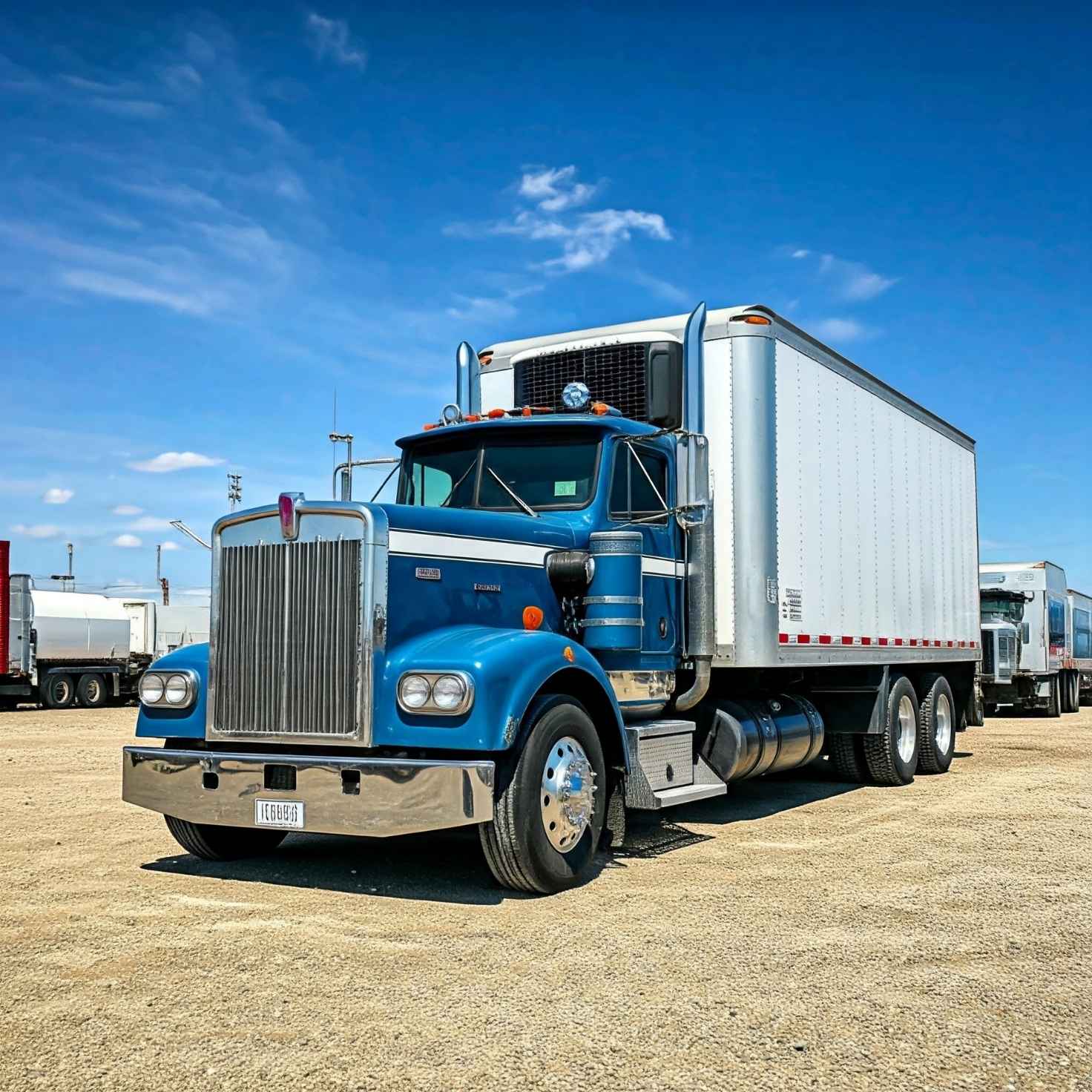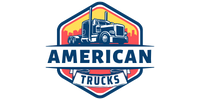
Efficient reefer parts play a crucial role in maintaining the quality of perishable goods while minimizing fuel consumption and environmental impact. In the trucking industry, where margins can be slim, reefer unit efficiency directly affects operating costs and sustainability. As a provider of high-quality reefer parts, Torque Parts understands the significance of optimizing these parts for better fuel economy.
The Relationship Between Reefer Parts Efficiency and Fuel Consumption
Reefer parts, also known as refrigerated trailers, are essential for transporting temperature-sensitive cargo. However, they can consume substantial amounts of fuel if not operated efficiently. Inefficient reefer parts require more energy to maintain the desired temperature, leading to increased fuel usage and higher costs.
Key Factors Influencing Reefer Parts Efficiency
- Insulation Quality: Poor insulation in the trailer walls and doors can lead to temperature loss, forcing the reefer unit to work harder.
- Reefer Settings: Incorrect temperature and airflow settings can increase energy demands.
- Maintenance Practices: Dirty coils, clogged filters, and low refrigerant levels hinder performance.
- Driver Practices: Prolonged idling and frequent door openings can strain the system.
By addressing these factors, operators can significantly reduce fuel consumption and extend the lifespan of their reefer parts.
The Environmental Impact of Inefficient Reefer Parts
Fuel consumption isn’t just a financial concern; it also has environmental implications. Burning more fuel increases greenhouse gas emissions, contributing to climate change. An efficient reefer unit can help reduce the carbon footprint of a trucking operation by minimizing unnecessary fuel usage.
Benefits of Improved Reefer Unit Efficiency
- Lower Fuel Costs: Reducing fuel consumption directly translates to cost savings.
- Extended Reefer Life: Less strain on the unit means fewer repairs and replacements.
- Reduced Emissions: Lower fuel use contributes to cleaner air and compliance with environmental regulations.
Tips for Optimizing Reefer Unit Efficiency
Improving the efficiency of reefer parts requires a combination of proper maintenance, strategic operations, and the right reefer parts. Here are some practical tips to enhance fuel economy:
1. Regular Maintenance
Keeping the reefer unit in top condition is the cornerstone of efficiency. Essential maintenance tasks include:
- Cleaning Coils and Condensers: Dirty components reduce heat exchange efficiency.
- Replacing Worn Filters: Clogged filters force the system to work harder.
- Checking Refrigerant Levels: Low refrigerant impairs cooling capacity.
2. Optimize Reefer Settings
- Set Accurate Temperatures: Overcooling wastes energy. Adjust the temperature based on cargo needs.
- Use Smart Controllers: Advanced controllers optimize airflow and cooling cycles.
- Monitor Data: Real-time monitoring systems provide insights into reefer performance and fuel usage.
3. Ensure Proper Insulation
High-quality insulation reduces temperature fluctuations inside the trailer, decreasing the workload of the reefer unit. Inspect walls, doors, and seals regularly for damage and repair them promptly.
4. Train Drivers
Drivers play a significant role in reefer unit efficiency. Training programs should emphasize:
- Minimizing door openings.
- Avoiding unnecessary idling.
- Monitoring reefer unit alarms and notifications.
5. Invest in High-Quality Reefer Parts
Using reliable reefer parts ensures that the unit performs optimally. Torque Parts offers a wide range of durable parts that help maintain peak efficiency, from compressors to temperature sensors.
Cost Savings Through Improved Efficiency
Implementing the above strategies can lead to significant fuel savings over time. For example, a fleet operating several refrigerated trailers could reduce fuel expenses by thousands of dollars annually by optimizing reefer efficiency. Additionally, improved fuel economy extends the range of operations, allowing for longer hauls without refueling.
Real-World Applications
Consider a trucking company transporting frozen goods across the country. By investing in regular maintenance, smart controllers, and quality reefer parts, the company reduces fuel consumption by 20%. This not only saves costs but also demonstrates a commitment to sustainability, appealing to eco-conscious clients.
The Role of Technology in Reefer Efficiency
Advancements in technology offer new opportunities to enhance reefer unit efficiency:
1. Telematics
Telematics systems monitor reefer unit performance in real-time, alerting operators to potential issues before they escalate. This reduces downtime and fuel wastage.
2. Hybrid and Electric Reefers
Hybrid and electric reefer parts are emerging as eco-friendly alternatives to traditional diesel-powered models. These parts use less fuel and produce fewer emissions.
3. Predictive Maintenance
AI-powered systems predict when parts are likely to fail, allowing for timely replacements and preventing efficiency losses.
The Future of Reefer Unit Efficiency
As the industry moves towards greener practices, the focus on reefer unit efficiency will continue to grow. Regulations on emissions and fuel standards will drive innovations in reefer technology, making efficiency a critical competitive advantage for trucking companies.
The Role of Torque Parts
At Torque Parts, we’re committed to supporting the trucking industry with high-quality reefer parts that enhance efficiency and reliability. Our parts are designed to meet the demands of modern refrigerated transport, ensuring that your fleet operates at peak performance.
Efficient reefer parts are essential for reducing fuel consumption, lowering costs, and minimizing environmental impact. By focusing on maintenance, optimal settings, and the use of reliable reefer parts, trucking companies can achieve significant savings while enhancing sustainability. At Torque Parts, we’re here to help you optimize your reefer parts for the road ahead.
Check out our articles Body Parts




